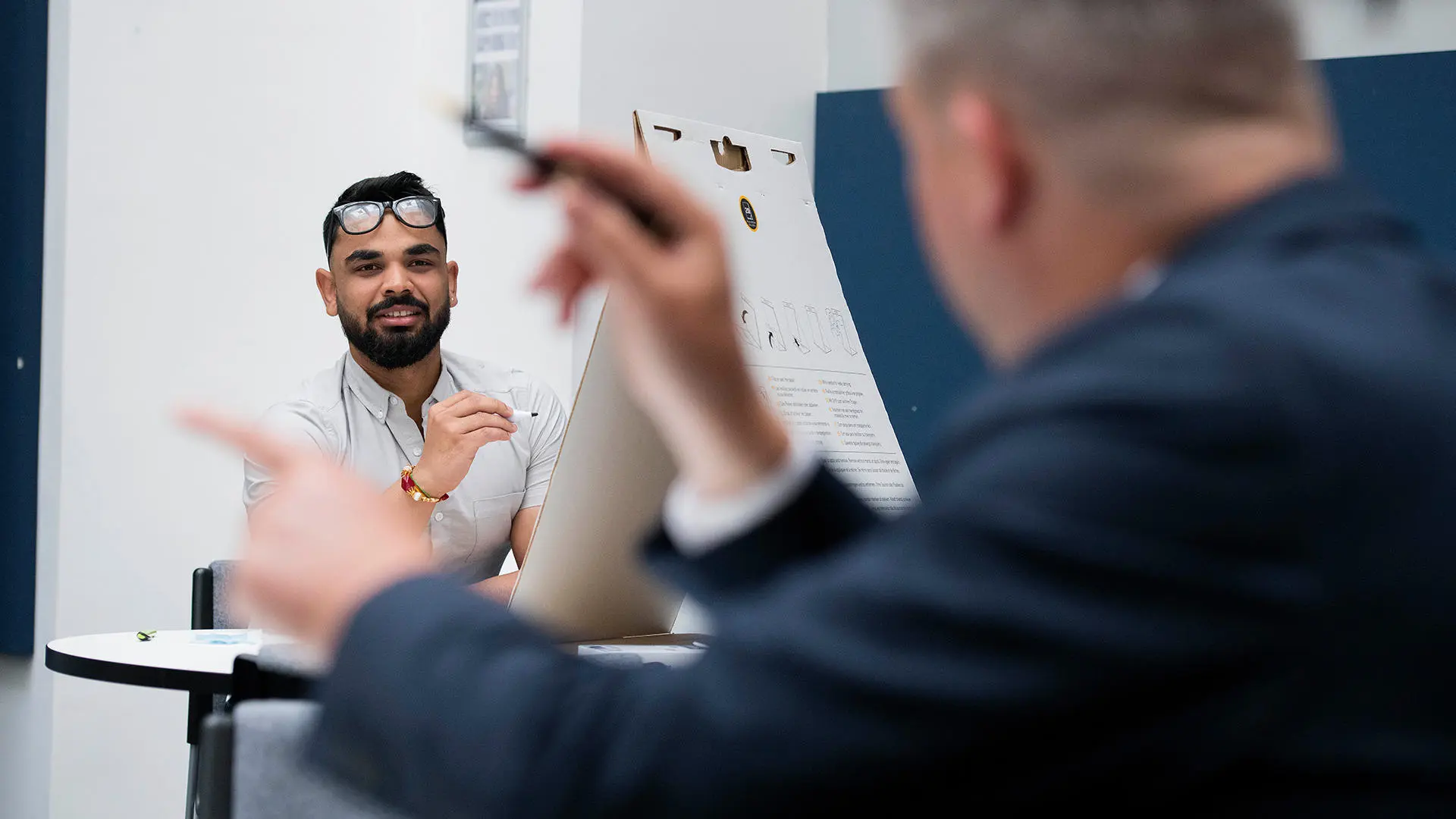We aim to build a reputation and profile that places our institute at the heart of the business and civic community. Our research underpins our teaching from undergraduate to postgraduate, degree apprenticeships, CPD and SME enterprise development. Our intention is to deliver impactful research and knowledge exchange, creating socio-economic benefit regionally, nationally, and internationally.
Our institute builds upon existing partnerships with colleagues at our Cyprus, Westlakes and Burnley campuses. We will continue to prioritise multi-disciplinary research, as evidenced by our successful REF2021 submission, where our work was judged as being either internationally excellent or world-leading, and an overall ranking GPA of 16th out of 108 business and management submissions.
The formation of the single institute will streamline the engagement of a wider range of research and knowledge exchange activity taking place across the University, where business and/or socio-economic input is beneficial.
Joining our institute means being part of a vibrant international community of staff with proven record of publications and income generation. Members have a commitment to inspire and empower colleagues to flourish through impactful research, teaching and knowledge exchange.







